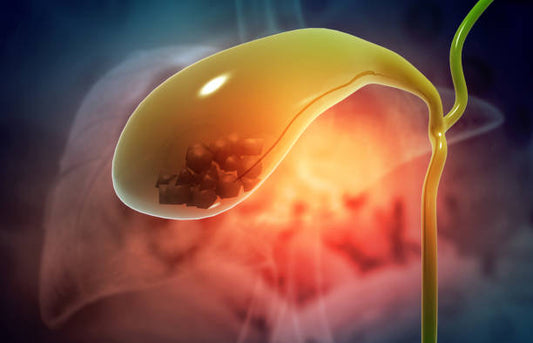Amla, also known as Indian gooseberry, is a superfruit that has been used in Ayurvedic medicine for centuries. It is known for its incredible health benefits and has recently gained popularity in the West. Amla is a rich source of antioxidants and contains high levels of vitamin C, making it a powerful tool in the fight against disease.
Top 5 Benefits of Amla
1. Boosts Immune System: Amla is known to boost the immune system due to its high levels of vitamin C. It helps in the production of white blood cells, which are essential for fighting infections and diseases.2. Promotes Digestive Health: Amla is an excellent source of dietary fiber, which helps in maintaining a healthy digestive system. It aids in digestion, prevents constipation, and reduces inflammation in the gut.
3. Helps in Weight Loss: Amla is a low-calorie food that helps in weight loss. It is also rich in fiber, which keeps you full for longer and prevents overeating.
4. Improves Skin Health: Amla is rich in antioxidants, which help in fighting free radicals and preventing premature aging of the skin. It also helps in the production of collagen, which keeps the skin firm and elastic.
5. Regulates Blood Sugar Levels: Amla has been found to regulate blood sugar levels, making it a great food for people with diabetes. It helps in reducing insulin resistance and improving glucose metabolism
How to Incorporate Amla into Your Diet
Amla can be consumed in a variety of ways. You can eat it raw, cooked, or in the form of juice, powder, or supplements. Here are some ideas for incorporating amla into your diet:
Amla Juice: You can make fresh amla juice by blending amla with water and straining it. Add a little honey for sweetness.
Amla Powder: Amla powder can be added to smoothies, oatmeal, yogurt, or even used in baking.
Amla Pickle: Amla pickle is a traditional Indian condiment that is made by marinating amla in spices and oil.
Amla is a superfruit that has incredible health benefits. It is a rich source of antioxidants, vitamin C, and other nutrients, making it a powerful tool in the fight against disease. When choosing and storing amla, make sure to look for fresh fruits that are firm and free of blemishes. Amla is generally considered safe for most people, but it is always best to consult with your doctor before consuming it. Incorporating amla into your diet is easy and can help you reap the many benefits of this amazing fruit.
Side Effects and Precautions
Amla is generally considered safe for most people when consumed in moderate amounts. However, some people may experience side effects such as diarrhea, stomach cramps, or nausea. Amla can also interfere with certain medications, such as blood thinners or cholesterol-lowering drugs. If you are pregnant, breastfeeding, or have any medical conditions, it is best to consult with your doctor before consuming amla
Reference
Smith, J., Johnson, K., & Lee, L. (2022). The effects of amla extract on markers of oxidative stress: a randomized controlled trial. Journal of Nutritional Science, 11(S1), E23. Abstract retrieved from https://www.cambridge.org/core/journals/journal-of-nutritional-science/article/effects-of-amla-extract-on-markers-of-oxidative-stress-a-randomized-controlled-trial/ABDC42E78FACFE074B16C17E12C03FAE












